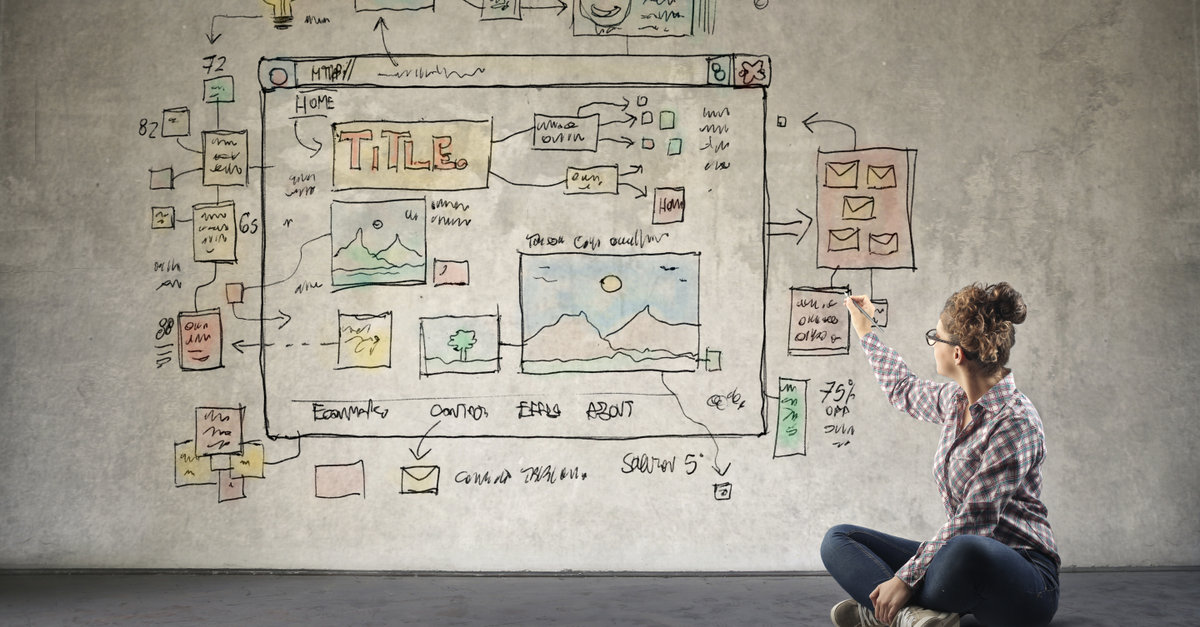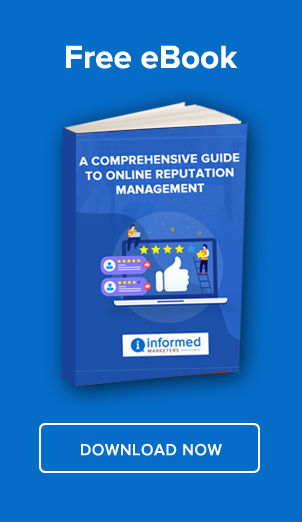Web designing is effective only when it has the power to turn visitors to your site into buyers. To accomplish this, you need to organize and plan the layout of your website, keeping certain key elements in mind. Primary among these is a well-designed structure and enhanced navigability.
A website must be both professional looking and visually attractive, but its usability is its real benchmark of success. The design must be user-friendly; if the user fails to use a feature it may as well not be there. What you are trying to sell decides the foundation of the entire design. Web designing is an art and an exceptional design is one that incorporates just the right amount of detail and no more. Excess information can confuse your readers and you can ensure greater traffic by making your site appealing enough to catch the customer’s attention. The trick to a successful design is the power to understand how the user thinks. Think of a user like a shopper browsing a mall; they may glance around your store, but they really only stop to look carefully when they see something eye-catching. Most users are looking for a particular item when they are browsing and if they fail to find it, or something equally appealing, then they will quickly move onto another site.
Key Elements of a Conversion Centric Website
Simplicity of Design
- Make the design simple and straightforward to hold user attention.
- Pop-ups are discouraged because they tend to annoy and distract the users. Images appeal to customers and help to boost marketing campaigns, but they can also distract users when overdone.
- The TETO or Test Early Test Often principle must be implemented because such tests help to give insights into many problem areas in the layout.
Navigability
- Web design must be self-explanatory because navigation becomes difficult when the design is complex, as the user finds it hard to understand how a system works.
- Easily identifiable links should be included with a clear and precise layout that allows the user to browse easily.
Writing Style
- Writing style must be in sync with user interests. Long, drawn-out sentences devoid of keywords can be easily overlooked. Content should be clear, precise, and should not use technical jargon and company-specific terminology unless your site is made specifically for the expert or businessperson.
- The writing tone needs to be objective to convince readers that you are an authority on your product.
User Accessibility
- Keep design simple and include sufficient white space on the web pages to display the text clearly allowing users to scan the information quickly.
- Avoid using too many tables; instead, use something like CSS to make your layout more aesthetically pleasing and, as a result, readable. Keep HTML codes clutter-free and remember to insert keywords appropriately and frequently throughout the site’s content.
Interactivity
- Menu items ought to be placed at the top half of the site and descriptive links can effectively guide visitors through the site. Backlinks are crucial for giving a sense of direction to users.
Design
- Users tend to briefly scan a web page looking for specific items, and an effective design must have some anchors to guide them through their search. If navigation is not intuitive, the user is likely to leave the site.
- Users are more likely to select the first reasonable option that comes before them, and when they see this link they will inevitably click it.
- Allow first-time users to freely explore the website without the hassles of registration and filling out long boring forms. Do not compel them to provide an email contact in order to be able to use a particular feature.
- Visually appealing steps and visuals that help to guide the user can be successful when used in a simple and user-friendly manner. A good interface helps the reader to see clearly what kinds of functions are available.
- The structure of your site should be kept clear, simple, and concise, with the least amount of cues. The pages should load within 5 seconds. If they don’t, reevaluate your design, or find a faster server.
- Make the site accessible across all browser platforms to bring in more traffic. Many people use Firefox as their primary browser, so only making your site compatible with IE will cause your traffic to decrease significantly.
Creating a website has become increasingly difficult over the years, and to take care of the many complexities that can arise when you single-handedly try to make your own website, you can hire a web design team at the very outset. Professional web designers will make sure your site is up and running to your specifications. When you hire a design team, you’re not only getting a web designer, but also a developer, a content manager, skilled technical writers, and others who will help you take your site and make it the best that it can be.






